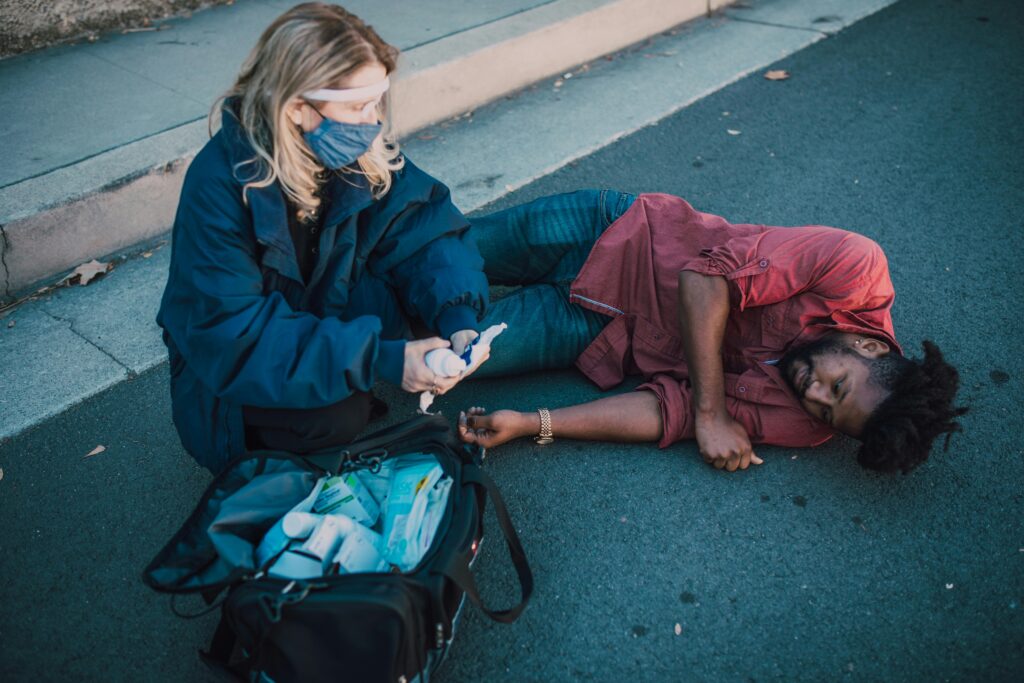You will almost certainly make or hear this call for help in your lifetime. This is because 1 in 10 people will have a seizure during their lifetime.
During a seizure, your quick action can prevent further disability, and even death for the victim.

What is a Seizure?
When considering this question, what most quickly comes to mind is abnormal jerky body movements. But seizures may manifest in abnormal sensory experiences too, e.g., unpleasant tastes when nothing is in your mouth. Other kinds cause temporary changes in behavior. In many cases the patient is unconscious of what is happening. The root-cause of all this is abnormal, excessive, highly synchronized electrical discharges in the brain.
When Someone has a Seizure, Don’t!…
We have seen that a seizure is due to a malfunction in the brain. You cannot access the brain. Unless you’re a health worker with medications, nothing you do can make it stop. Your task is simply to ensure the patient does not sustain injuries during the episode and to get help as quickly as possible. Therefore, ensure you waste no time:
- Panicking: This will only disorient you
- Putting anything in the patient’s mouth: This may injure the patient
- Giving the patient food or water while still unconscious: He/she may swallow the wrong way and suffer catastrophic breathing hindrances
- Giving mouth-to-mouth: The patient may unconsciously bite you
Instead Do…
- Keep calm
- Remove tight clothing and belts
- Clear the surroundings of any object that could cause the patient harm
- Let them jerk and don’t hold them down
- Cushion their heads if they are on the ground
- Bring to lie on their left side when the seizure stops
- Time the seizure
- Seek medical attention if the seizures last for more than 5 minutes or if there are repeat episodes.
Find other scenarios to seek medical attention here.
If you stick to these Dos and Don’ts, your calm and informed response will go a long way in preserving the health and ensuring the recovery of anyone who has seizures that you might encounter.
Click here to learn about stroke and its prevention.









